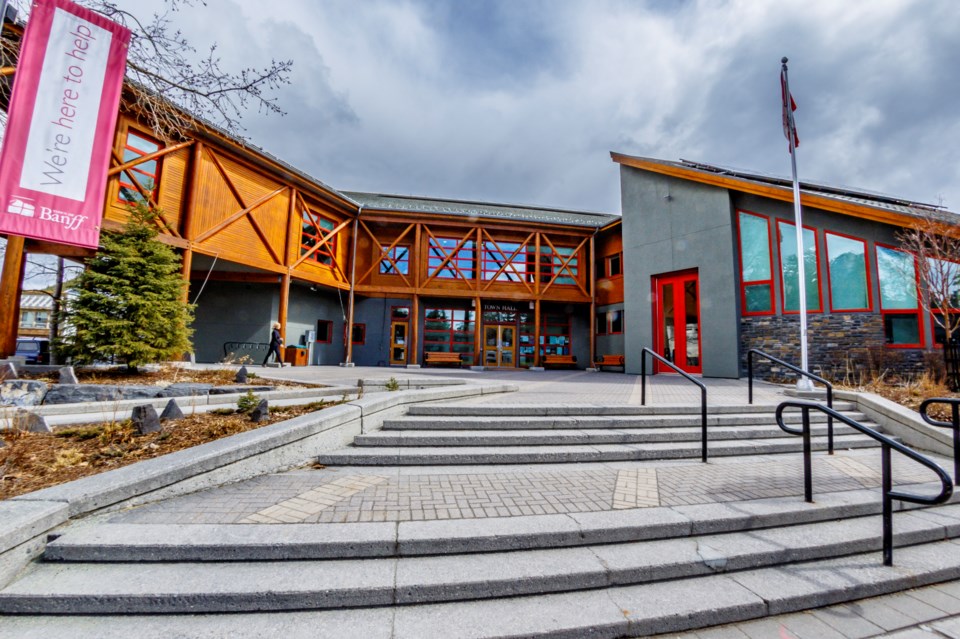BANFF – Banff residents will be eligible for municipal loans to do green upgrades on their homes.
Banff town council recently passed the clean energy improvement tax bylaw, which sets the stage for administration to design a clean energy improvement program for council's future consideration and to apply for financing from the Federation of Canadian Municipalities (FCM) so the Town can loan residents money for energy-efficient upgrades.
Coun. Chip Olver voiced strong support for the bylaw, which also sets an annual limit of $500,000 for residential and $2 million for non-residential towards the program.
She said this is just one more program to help the Town of Banff reach its goals of reducing community-wide greenhouse gas emissions by 30 per cent by 2030 and 80 per cent by 2050, and to reach 100 per cent renewable energy by 2050.
“The Town of Banff has done some deep energy retrofits in our own buildings, which has achieved cost savings for us in terms of our energy costs and reduced our greenhouse gas emissions, and so we want to be able to bring this to the broader community,” said Olver.
More commonly referred to as a property assessed clean energy program, a clean energy improvement program authorizes municipalities to loan funds to residential and commercial property owners for energy efficiency and renewable energy upgrades.
Repayment of a loan is made over time through the property owner’s municipal property tax bill.
“The loan cannot exceed the amount of the residents’ property tax payments, so there’s a limit of how much they can borrow,” said Michael Hay, the manager of environmental services for the Town of Banff.
Now that the required bylaw has passed, administration will return to council later in 2023 with the proposed structure and design of the program, including administrative cost projections, funding recommendations, eligibility requirements, details on program process and procedures.
The types of upgrades that could be eligible include heating such as a high efficiency furnace or air source heat pump, water heating like a tankless natural gas water heater or drain water heat recovery, solar PV, and doors, windows and insulation among others.
Hay said FCM has invited the Town of Banff to submit a full application for loan and grant funding – estimated at $1.76 million combined – to cover program administrative costs and provision of low-interest loans to residents.
“FCM does not support commercial loan programs at this time,” he said.
In Alberta, residential clean energy improvement programs already exist, including in neighbouring Canmore, and the City of Edmonton leads the way with both a residential and commercial program.
Hay said both programs have strong uptake, with the Town of Canmore’s already fully subscribed in its first year.
“Administration continues to engage closely with the Town of Canmore to learn from their experience,” he said.
In 2016, a study showed the community of Banff was responsible for the release of 425,000 tonnes of greenhouse gas emissions into the atmosphere, of which roughly 96 per cent were by-products of non-renewable fossil fuel consumption.
Buildings account for approximately one-third of the community’s greenhouse gas emissions, while the tourist town’s emissions per capita were also more than double the national average, primarily due to high visitor transportation emissions.




